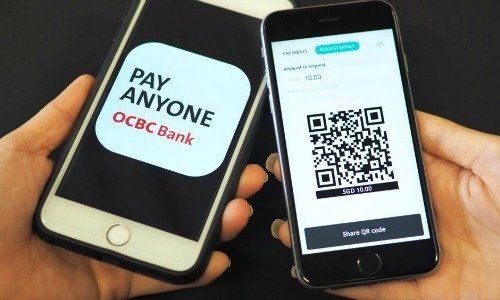Singapore Pushes for Master E-Payment System
The Singapore government hopes to unify e-payment solutions under one or two master systems for food sellers. Previously, the country had fostered competition among the systems to promote innovation.
Three government agencies are set to appoint one or two «master acquirers» in the next few months, in a bid to unify e-payment solutions for hawker stalls, food centres and industrial canteens. Under a call-for-collaboration, which ended on May 14, the agencies asked e-payment providers to submit proposals to become master acquirer. A call-for-collaboration is like a government tender, but without technical specifications.
«The call-for-collaboration aims to drive wider adoption of e-payment and enable F&B operators and consumers to benefit from swift, convenient and secure payments during daily transactions,» Enterprise Singapore said on its website.
A U-turn?
The recent move by government agencies appears like a u-turn. Previously, the government favored more competition in e-payments. Having one or two dominant payment providers, as in the case of China, may bring short-term convenience to Singaporean consumers, but may stifle innovation, according to Ong Ye Kung, a board member of the Monetary Authority of Singapore.
«In the context of Singapore, there will be significant downside risk in the long term due to a lack of competition, especially when the dominant player wields significant market power, and owns all the transaction data and customer information,» said Ong during his speech at the 45th annual dinner for Association of Banks. «Over time, this can slow down the rate of innovation, and give rise to the risk of unfair pricing for customers.»
However, this call-for-collaboration for a master acquirer is aimed at achieving scale and cost efficiencies for food sellers, which is challenging in a fragmented e-payment market, government officials say. Innovation in this sector may thus need to take a back seat.
Confusion and Frustration
The plethora of e-payment solutions at food and beverage outlets across the island-state has caused confusion, frustration, and some skepticism amongst consumers. This has probably slowed Singapore's dash to become a cashless society. The skepticism about using e-wallets increases when consumers are unsure if these wallets will be around for a long time.
In July, Obike, a bicycle-sharing operator, caused a stir among residents when it decided to cease operations in Singapore without refunding deposits collected upfront. More than 3,000 people have filed for refunds, according to a report in «Today» newspaper.
Bidders
Nets, one of the e-payment players, submitted a bid to be one of the master acquirers. Ride-hailing giant Grab, which operates Grab Pay, declined to comment, according to a report in «Straits Times» (behind paywall).
Technology firm Razer, which had proposed a plan to Prime Minister Lee Hsien Loong to unify the country's e-payment systems, and its e-payment partner Singtel, didn't submit a bid.



























